Israel’s Strategic Strikes in Lebanon: A Game Changer for Hezbollah?
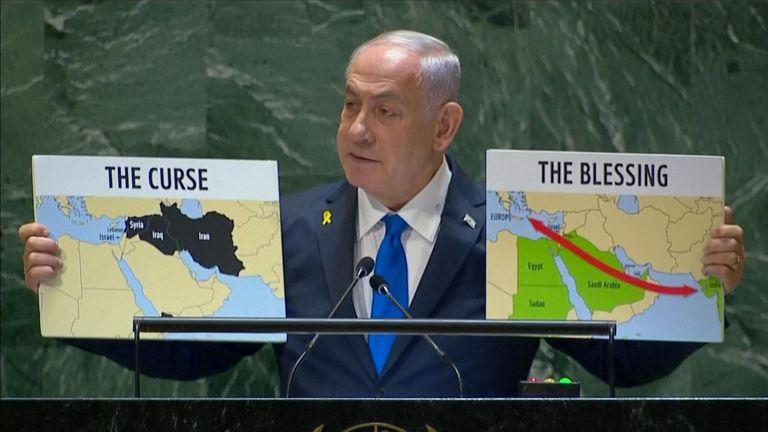
Israel has been making global headlines with its recent operations in Lebanon, targeting key Hezbollah leaders. This military action has sparked discussions around Israel’s strategic moves, Iran’s support for Hezbollah, and the geopolitical implications for the region. While Israel claims the victory, the consequences of these actions are reverberating across the Middle East.
Middle East Conflict: A Crossroad of Peace or Carnage?
In a series of highly coordinated strikes, Israel has successfully dismantled the core leadership of Hezbollah, with reports confirming the death of Hassan Nasrallah, the Hezbollah chief. This event marks a significant shift in the power dynamics of the region, as Israel’s surgical strikes have managed to weaken the entire chain of command. With Iran’s involvement under scrutiny, the question arises: What does this mean for the future of Hezbollah, Iran, and the Middle East at large?
Israel’s Tactical Mastery in Lebanon
Israel’s recent strikes in Lebanon have drawn attention to its military prowess. Known for its precision-guided weapons and advanced technology, Israel has developed a reputation for executing high-stakes operations with minimal collateral damage. The current operation, aimed at eliminating Hezbollah’s top leadership, followed a unique strategy.
- Systematic Elimination of Leadership: Unlike previous strikes, Israel first targeted the bottom and middle ranks of Hezbollah before hitting the top leadership. This left the organization vulnerable, crippling its ability to replace fallen leaders.
- Advanced Missile Technology: Israel’s bunker-buster missiles are renowned for their ability to penetrate deep underground. This has forced Iranian and Hezbollah leaders to retreat into hiding, with unconfirmed reports suggesting that Iran’s Supreme Leader, Ayatollah Khamenei, is currently sheltering in a bunker.
Iran’s Role in Hezbollah’s Rise and Fall
Iran has long been the primary supporter of Hezbollah, providing financial aid, weaponry, and strategic leadership. However, Israel’s recent strikes have exposed vulnerabilities in this long-standing alliance.
- Iran’s Financial Strain: With economic pressures mounting, Iran’s ability to continue supporting Hezbollah has been questioned. The billions of dollars Iran has poured into Hezbollah over the years now seem like a diminishing investment with no returns.
- Khamenei in Hiding: Reports suggest that Ayatollah Khamenei, Iran’s Supreme Leader, is hiding in a secure location, avoiding any communication that could expose his whereabouts. His absence from public view has led to speculation about the stability of Iran’s leadership during this crisis.
Netanyahu’s Bold Message at the UN
During the recent UN Summit, Israeli Prime Minister Benjamin Netanyahu made a striking appearance, showcasing a map with two key regions: India and Iran. Netanyahu highlighted the contrasting futures of the two countries.
- India as a Blessing: Netanyahu pointed to India’s rise in global cooperation and its involvement in major economic corridors, calling the country a “blessing” to the world.
- Iran as a Curse: In contrast, he labeled Iran as a “curse” on global peace, criticizing its continued support of militant groups like Hezbollah. Netanyahu’s message was clear: Iran’s influence in the Middle East is waning, and global powers must recognize the potential for cooperation with countries like India to promote stability.

Saudi Arabia’s Stance on the Conflict
Interestingly, Saudi Arabia, a major power in the Middle East, has taken a neutral stance regarding the conflict between Israel and Hezbollah. This marks a significant shift in the region’s approach to the Israeli-Palestinian conflict and the broader geopolitical tensions involving Iran.
- Neutrality in Action: Saudi authorities have reportedly instructed local mosques to avoid prayers for Palestine or Hezbollah, signaling a reluctance to be drawn into the conflict. This decision reflects the broader trend of Gulf countries distancing themselves from Iran’s agenda in the region.
- Economic Diversification: As Saudi Arabia and other Gulf states pivot towards economic diversification, they are less inclined to support Iran’s military ventures, focusing instead on fostering economic growth through initiatives like the India-Middle East-Europe Economic Corridor (IMEC), which was recently highlighted at the G20 summit.
Hezbollah’s Chain of Command in Disarray
Israel’s strategic dismantling of Hezbollah’s leadership has left the militant group in disarray. With no clear line of succession and a fractured chain of command, Hezbollah is facing an unprecedented crisis.
- No Replacement for Nasrallah: In the past, Hezbollah could easily replace fallen leaders. However, Israel’s methodical strikes have left the group without a functioning middle or lower leadership, making it difficult to fill the vacuum created by Nasrallah’s death.
- Iran’s Diminished Influence: Iran’s ability to exert control over Hezbollah is weakening, especially as its leadership is forced into hiding. Without Iranian financial and strategic support, Hezbollah’s future appears uncertain.
The Future of the Middle East: Cooperation vs. Conflict
The situation in the Middle East is evolving rapidly. As Israel continues to assert its dominance through military strikes, countries like Saudi Arabia and the UAE are looking toward a future of economic cooperation, distancing themselves from Iran’s influence.
- The IMEC Initiative: The India-Middle East-Europe Economic Corridor (IMEC), backed by Saudi Arabia and Israel, represents a significant shift in the region’s priorities. Economic development, rather than military conflict, is becoming the focus, as countries recognize the need to diversify away from oil dependency.
- Iran’s Isolation: Iran, once a key player in the region, now finds itself increasingly isolated. With Saudi Arabia and other Gulf states choosing economic cooperation over military conflict, Iran’s influence in the Middle East may be nearing its end.
Conclusion
Israel’s recent operations in Lebanon have sent shockwaves through the Middle East. As Hezbollah struggles to maintain its footing, Iran’s influence over the region is dwindling. Meanwhile, countries like Saudi Arabia are focusing on economic growth and cooperation, signaling a new era in Middle Eastern geopolitics. The question now is whether Iran can adapt to this new reality or whether it will continue to be seen as a “curse” on the region.


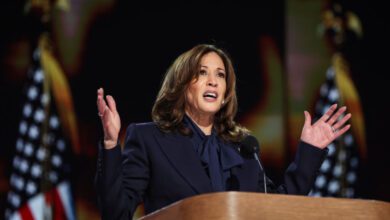
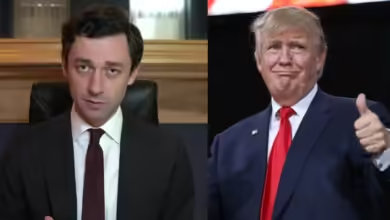
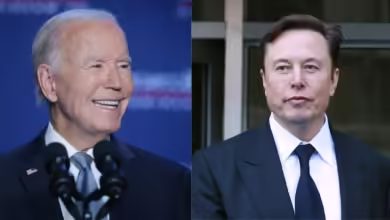
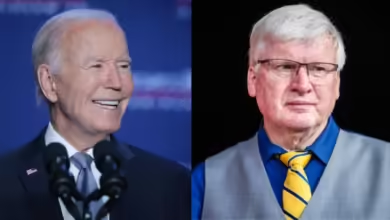
One Comment